
The Governor of the State of Osun, Ogbeni Rauf Aregbesola has enjoined the newly appointed board members of the Ministry of Water Resources, Rural Development and Community Affairs to work with the Community Development Councils (CDC) on the maintenance of facilities provided by the government in their communities as the present administration is determined to transform rural areas through the provision of electricity, water and motor-able roads to make life worth living for the people at the grassroots.
The Special Adviser to the Governor on Water Resources, Rural Development and Community Affairs Mr. Kunle Ige, disclosed this during the maiden meeting of board members appointed by Ogbeni Aregbesola to oversee the affairs of the Ministry. He stated further that, the board members shall be fully involved along in the day to day running of the affairs of the newly created Ministry.
While responding, the team leader of the newly appointed Board Members, Alhaji Taofeek Makinde, commended the management staff of the Ministry of Water Resources, Rural Development and Community Affairs on their remarkable performance as demonstrated through various infrastructural project in all rural communities across the state of Osun.
Category: General
In furtherance of its drive for innovation and transparency, the state government of Osun is unveiling a new online platform under its ‘New Media’ plans. The government, through this effort, seeks to raise the bar of public engagement and deepen the Osun brand in the increasingly vibrant Nigerian online space.
The Osun New Media Project seeks to provide the global online audience with a one-stop shop for uniquely robust coverage of Osun. This online platform will break from convention by showcasing information beyond the state government. The platform will avail the public of such information that is more relevant to the needs of citizens (local and diaspora), investors and interested parties.
This innovation in content will include information on: Osun Socialand, Emergency Services, Profiles and Contact Details of Key Officials across all levels and arms of government, the Osun Development Agenda, Programmes and Projects, a Socio–cultural – historical documentation of Osun, a showcase of the Osun brand. Effectively, the project seeks to establish the new online platform as a portal to all information concerning the state.
The platform boasts a few interesting citizens engagement features that are arguably firsts among government websites in the country. These features are such that allow for deeper interactivity with citizens, investors and interested parties. It is believed that the provision of such features will bring governance closer to the people and consequently engender development.
Know Your Reps, is one of such new features that the platform offers. As the name suggests, the feature allows the average Osun citizen to access the profile details of key elected and/or appointed officials that serve the citizen’s respective constituency. Effectively, the feature provides the average citizen with a personalized list of representatives that serve him/her.
The feature works, by showcasing the profile details: name, office and contact of the local government chairman/executive secretary, state House of Assembly member, member of the House of Representatives and Senator once the citizen (based anywhere in the world) indicates his/her local government.
With such information at their disposal, Osun citizens will be able to enquire or follow-up on development issues, directly with their elected representatives in various levels of government. It is believed that such multi-level personalized contacts list is unprecedented in our country.
The online platform also provides a dynamic, citizens feedback feature, aptly named Meet the Ogbeni.
Through this tool, users will be able to channel messages or enquiries to government from the comfort of their homes or offices. Meet the Ogbeni will work by providing the user with a facility to post messages covering diverse aspects of governance: agriculture, infrastructure and education among others; to government. The system seeks to provide swift feedback to enquiries and messages made.
Towards a richer user experience, the platform boasts in addition, such features as:
·Profiles directory where resumes and official contact details of key officials across all levels and arms of government are accessible.
·Contacts directory for key social and emergency services provided by Government.
·An electronic newsletter service, that provides daily updates on government activities.
·An engaging display of Achievements in numbers of the current administration.
·An automated integration of news content across multiple social media channels.
·A sleek, ‘easy on the eye’ and multi-device user interface design.
·A robust search facility.
The new Osun Online Platform is billed to be beneficial in multiple levels. The platform will help in advancing the state’s transparency and innovation goals, consequently setting a new high for government online channels.
For the people, the platform will avail them the opportunity to Know and engage more with government. They will be better placed to call the attention of leaders to the issues that concern them.
For investors, the platform will provide a simple interface to assess the state’s development plans, synergize and easily communicate with government for further enquiries.
For the government, the platform will serve as a medium to reach out quicker and more efficiently to the global audience.
Osun Online Platform is accessible from www.osun.gov.ng
THE GAZELLE NEWS
 The Investment drive of the Governor State of Osun, Ogbeni Rauf Aregbesola, to overseas countries in recent times, have continued to yield the much desired results as an Italian Company, Mano Investment and Properties, based in Milan has mobilized to the state to commence the final spadework for the establishment of a palm-oil processing factory in the State of Osun.
The Investment drive of the Governor State of Osun, Ogbeni Rauf Aregbesola, to overseas countries in recent times, have continued to yield the much desired results as an Italian Company, Mano Investment and Properties, based in Milan has mobilized to the state to commence the final spadework for the establishment of a palm-oil processing factory in the State of Osun.
Officials of the Italian Company who were in Nigeria during the week made this disclosure during a meeting with Senior Political and Management functionaries of the States Ministry of Environment and Sanitation and the Ministry of Agriculture and Food Security at the New Secretariat Complex, Gbongan road.
Head of the Italian Firm’s delegation to the meeting, Dr. Les Beaumont, who is also the Italian firm’s Project Coordinator, informed the Senior State functionaries that, himself together with other officials of the company will be in the state for two weeks to undertake the necessary feasibility studies and other arrangements for submission to their parent company in Italy for actual commencement of work at the project site in Ile-Ife, before the end of the on-going raining season.
Dr. Beaumont also informed the meeting that based on the preliminary reports earlier communicated to the parent company in Italy, the project financier of the Oil Processing Firm being targeted for the State of Osun, will be meeting in November to consider the report to be written on the project for final release of money for the immediate take-off of the project before the year runs out.
Representative of the Italian based firm, who is also the Managing Director, Venture Alliance Offshore Partners Nig. Ltd., Mr. David Famoriyo, also informed the meeting that, the Italian firm has various projects in Ghana, Port Harcourt and Abeokuta in specific agricultural and non-agricultural commodity products.
In their separate responses at the meeting, the State’s Commissioner for Environment and Sanitation, Prof. Olubukola Oyawoye and the Special Adviser to Governor on Agriculture and Food Security, Mr. Festus Agunbiade on behalf of the State Governor, Ogbeni Rauf Aregbesola, assured the Italian firm of the State Government’s maximum cooperation that will be enable the firm commence work quickly in the state, and provide employment to the state’s able-bodied citizens.
Also present at the meeting were Permanent Secretary, Ministry of Environment and Sanitation, Mr. Dayo Olaluwoye, Directors and Staff of both the Ministry of Environment and Sanitation and the Ministry of Agriculture and Food Security respectively.
OSUN DEFENDER
The Governor of the State of Osun, Ogbeni Rauf Aregbesola spoke recently at the public presentation of a book, Work in Progress, by the Osun Development Agenda (ODA) at the Centre for Technology Management of the Obafemi Awolowo University (OAU), Ile Ife.
The governor said there was no historical evidence that other races were superior to blacks. He said his administration plans to improve the future of the people through quality education.
Aregbesola said: “The priority of our government is on elementary education, which is the most important aspect of human life. If the elementary education is weak, there is no education at all”.
“Apart from the provision of infrastructure in schools, we offer free school uniforms and distribute tablets of knowledge (Opon Imo). We have also increased bursary payment and grants for primary and secondary schools.
“Our best intervention in education is the Elementary School Feeding and Health Programme, through which we give the pupils delicious meals. We met 180,000 pupils in public schools in 2010 and now we have over 350,000 pupils.
The convener, Kehinde Bamigbetan, said the book was published to review and document the economic, social and political transformation of Osun in the last two and a half years, which were brought about by the Aregbesola administration’s Six Integral Action Plan.
Chairman of the occasion and Interim Chairman of the All Progressives Congress (APC) Chief Bisi Akande, who was represented by Wale Oshun, said the evidence of development in Osun was physical.
(culled from THE NATION)
 The Governor of the State of Osun, Ogbeni Rauf Aregbesola has described the death of former Governor of Ondo, Dr. Olusegun Kokumo Agagu, as unfortunate, sudden and sad.
The Governor of the State of Osun, Ogbeni Rauf Aregbesola has described the death of former Governor of Ondo, Dr. Olusegun Kokumo Agagu, as unfortunate, sudden and sad.
In a statement by the Director of Communications and Strategy, Mr. Semiu Okanlawon, the governor said that Agagu’s death was a big loss to both his home state, Ondo, and the nation.
Aregbesola said the former governor had made his mark as a schorlar before venturing into politics.
According to him, Agagu also displayed knowledge, versatility and ingenuity in the art and dynamics of politics.
According to Aregbesola: “He was a lecturer, one time Minister of Aviation and then Governor of Ondo State. There is no gainsaying the fact that Agagu had contributed his quota to the nation’s development.
“Yet I say it with all sense of modesty that the late Dr. Agagu came, saw, and left fulfilled. Doubtless, he made his mark and left his footprint on the sand of history as a leader of men, who also impacted positively on his people, state and country at large.
“On behalf of myself and the people of the State of Osun State, I offer our condolences to the entire family (immediate and extended) of Dr. Olusegun Agagu, the Governor, Dr. Olusegun Mimiko and people of Ondo State. We pray that Almighty God repose his soul in paradise.”
Officers of the National Policy and Strategic Studies, Kuru, were in Osogbo, the State Capital for the assessment tour of both complete and on-going projects of the Government of the State of Osun at the weekend.
Pictures below.

Vice President, Alumni Association of National Institute of Policy and Strategic Studies, Kuru, Jos, Dr. Garba Terengi; President, Major General Lawrence Onoja and Managing Director, Omoluabi Garment Factory, Mrs Folake Oyemade, during the association’s tour of the State Government’s complete and on-going projects, at Omoluabi Garment Factory, Abere, Osogbo, State of Osun weekend

President, Alumni Association of the National Policy and Strategic Studies, Kuru, Jos, Major General Lawrence Onoja, charting with a stylist of the Omoluabi Garment Factory, Osogbo, State of Osun capital, during the assessment tour of the complete and on-going projects of the State of Osun Government by National Policy and Strategic Studies officers, at the weekend

From left, Assistant Chief of Staff to State of Osun Governor, Barrister Jimoh Akano; President, Alumni Association of the National Policy and Strategic Studies, Kuru, Jos, Major General Lawrence Onoja; Secretray General, Comrade Isa Aremu and Commissioner for Agriculture and Rural Development, Dr Wale Adedoyin, at Saint Micheal Elementary School, Ode-Omu, during the assessment tour of the complete and on-going projects of the State of Osun Government by National Policy and Strategic Studies officers, at the weekend
The Government of Osun invites subscription to its “Osun Sukuk Company Plc” N10 billion Ijara (Lease) due 2020 further to Securities and Exchange Commission’s (SEC’s) approval.
In March 2013, the Securities and Exchange Commission (SEC) approved new rules allowing firms to issue Islamic bonds. The Book Building opened on Thursday September 12, 2013 and closes on Wednesday September 25, 2013.
The planned 7-year paper, sources report, forms part of a N60 billion debt raising programme of the state which started last year. Such Funds raised would be used to finance the construction of education projects. The Government of the State of Osun is targeting local pension funds and international investors for subscription to the bond.
Local credit rating agency Agusto & Co had assigned an ‘A’ rating to the bond note, which will be listed on the Nigerian Stock Exchange.
The Government of the State of Osun understands the need for people to know their identity. This shows where you are coming from and your rich heritage. It gives citizens a sense of value, lift their social psyche and motivates them to be patriotic and conduct themselves in a manner expected of worthy citizens
The state was branded and given a new identity. This includes a coat of arms, state flag and anthem.
The Coat of Arms

The two elephants in the Coat of Arms symbolises strength, service and humility. The brown colour emphasises the unity of our skin and the soil. A clear testimony that we own the earth. The cocoa tree symbolises agriculture and the natural resources of the land. The Y on the shield represents River Niger and Benue which symbolise the link between the State of Osun and the Federal Republic of Nigeria.
The lion stands for Yoruba nobility, dignity and courage while its cushion of ferns represents the traditional lair of an African Lion and the richness of our land.The two symbols of the Chief’s sword (Ida) and The Mace embody the spirit and purpose of Osun. The Sword is the symbol of the Obas while the Mace is the symbol of the Legislative Arm of Government and the power of the common people as expressed by their elected representative.
The Ori Olokun stands for the common origin of the Yoruba and their dexterity in technology, while the garland surrounding it symbolises chivalry and triumph. The Timber represents the vegetation as a rain forest zone. The Indigo colour (Aro) of the upper part of the shield symbolises the common Adire wear in Yorubaland while the Ruby Red colour (Alaari) of the lower part of the shield signifies nobility.
The Motto; Liberty & Service shows this are guaranteed for the people by the government while Justice is moral rightness based on fairness and equity to all irrespective of their status, gender or religion.
The Flag

The seven cowries represent the seven grandsons of Olofin Oduduwa. Their military valour, diplomatic dexterity and trade mastery created wealth and resulted in their expansive kingdom. The Brown Colour represents the colour of the earth and tone of the skin.
The Ori Olokun stands for the common origin of the Yoruba and their dexterity in technology. The Colour Band which is the Pan-African flag consists of official colours of the African race: the colour red represents the blood bond among Africans.
The colour black depicts the existence of the black race; the colour green denotes the abundance of wealth on the continent of Africa; The gold depicts the abundant mineral resources of Africa.
The Anthem
YorubaIse wa fun ile wa |
EnglishThere is work for us to do |
To listen to how the anthem is sung and to read more about the State of Osun , visit www.osun.gov.ng
 The Deputy Governor of the State of Osun, Mrs. Grace Titlayo Laoye-Tomori, continues to urge women to stand up for change and be front runners in implementing same.
The Deputy Governor of the State of Osun, Mrs. Grace Titlayo Laoye-Tomori, continues to urge women to stand up for change and be front runners in implementing same.
She stated this in Ibadan, Oyo State capital, at the 2nd National Women Summit, with the theme, “Women as Pioneers of Change”, organised by the Oyo State Officials’ Wives Association led by wife of the Oyo State Governor, Mrs. Florence Ajimobi.
Tomori charged women to continue to push for change in the nation’s current political structure and be active participants in the political trend.
“For me, the role of women begins in the collective resolve to build together the social foundation upon which the modern political participation of the society will be based”, she said.
“Our foremost task as women is to identify the disabling factors in our present social condition of living, and move to remedy such situations. We need to launch and relaunch repeated assaults on socio-cultural inhibitions, norms and values that have held the female gender down from time immemorial”.
The Urban Renewal Project continues to be a front row implementation agenda for the government of the State of Osun.
The Commissioner for Lands, Physical Planning and Urban Development, Arc. Muyiwa Ige who is in Tokyo to meet with the partners under the auspices of the collaboration of the State of Osun with JICA (Japan International Cooperation Agency) on Comprehensive City Planning handed the Flag of the State of Osun to the Tokyo colleagues symbolizing the growth and exposure of the State to urban development and expansion.
JICA has for many years been making full use of Japan’s experience and technologies in working with international society to address the various globalization-related issues developing countries face in a comprehensive manner. This initiative has informed the partnership with the State of Osun in the implementation of its O-Renewal project.
Find pictures from Tokyo below…
![DSC00257[1]](http://165.227.111.29/wp-content/uploads/2013/09/DSC002571.jpg)
CAPTION: Arc. Olumuyiwa Ige presenting the flags of the State of Osun to Mr. Manabu MIKAMI, Chief Land Readjustment, Tokyo Metropolitan Government, and holding the flag to the right is Mr. Yuji TANAKA, Chief Urban Redevelopment – Tokyo Metropolitan Government as others looked on
![DSC00203[1]](http://165.227.111.29/wp-content/uploads/2013/09/DSC002031.jpg)
CAPTION: Arc. Olumuyiwa Ige with Mr. Fumihiro ABE of Bureau of Construction, Tokyo Metropolitan Government


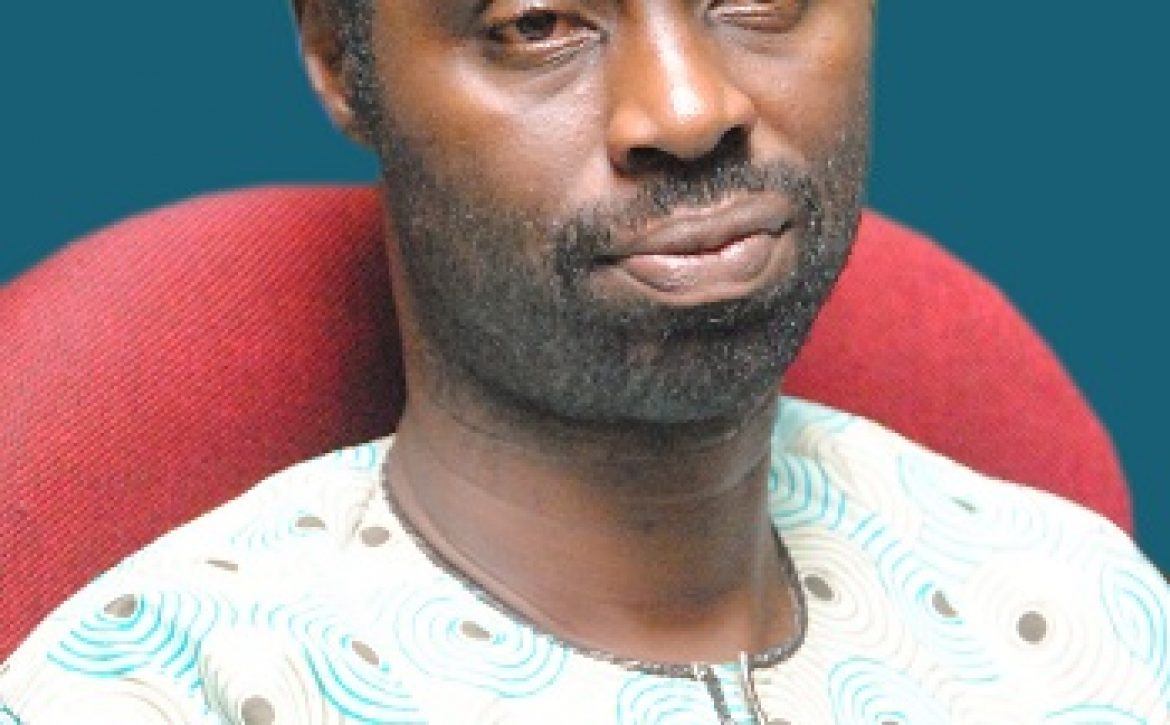
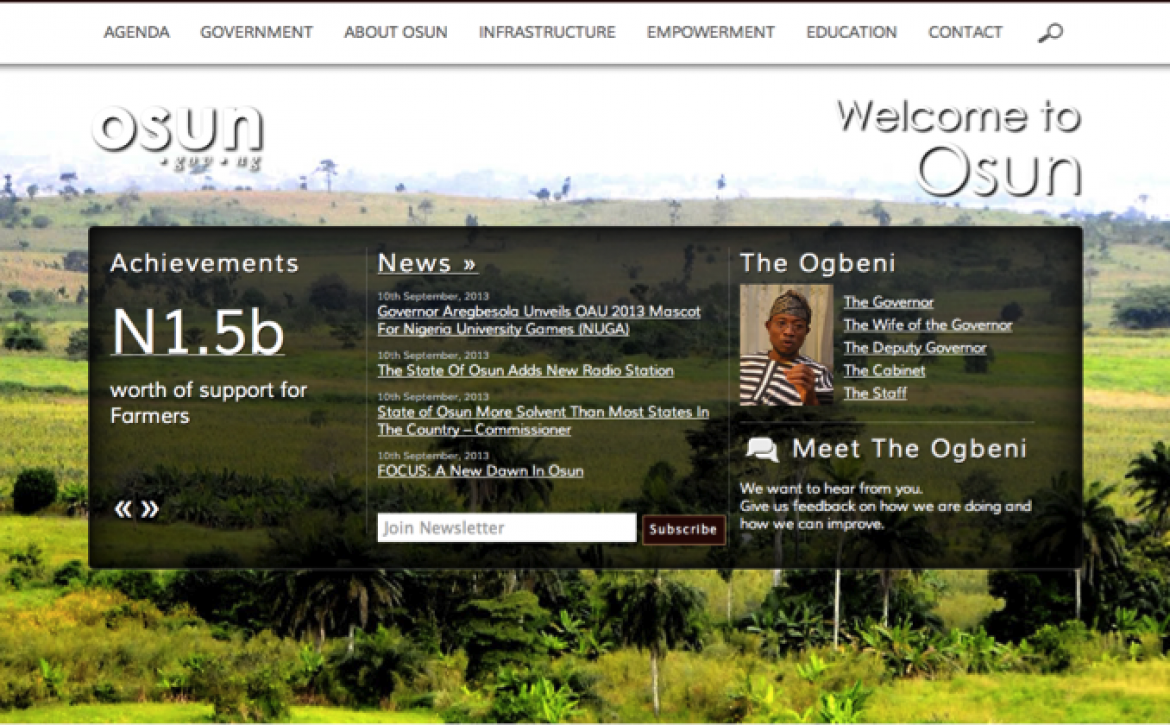

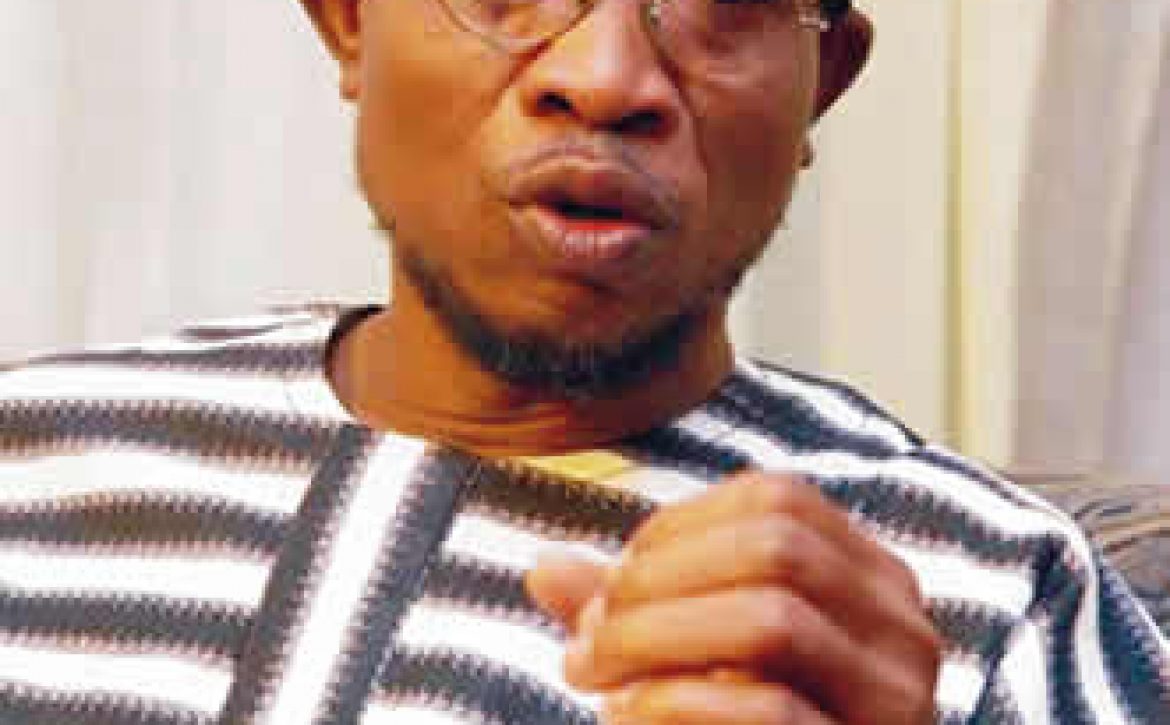
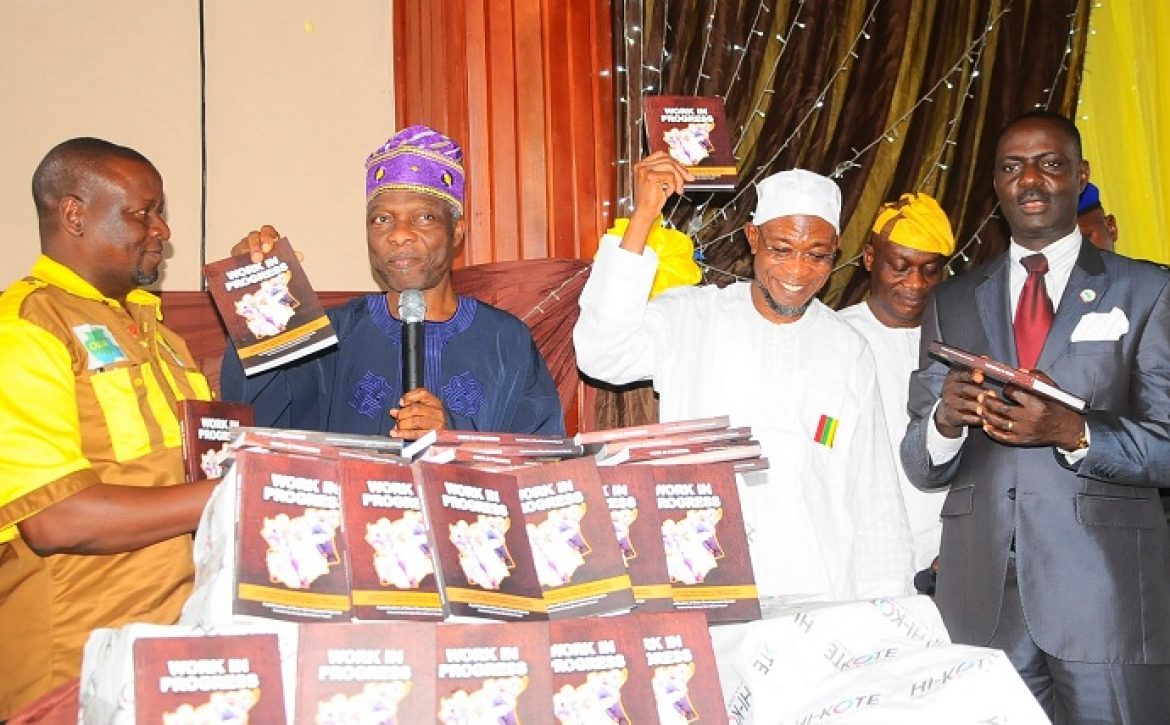

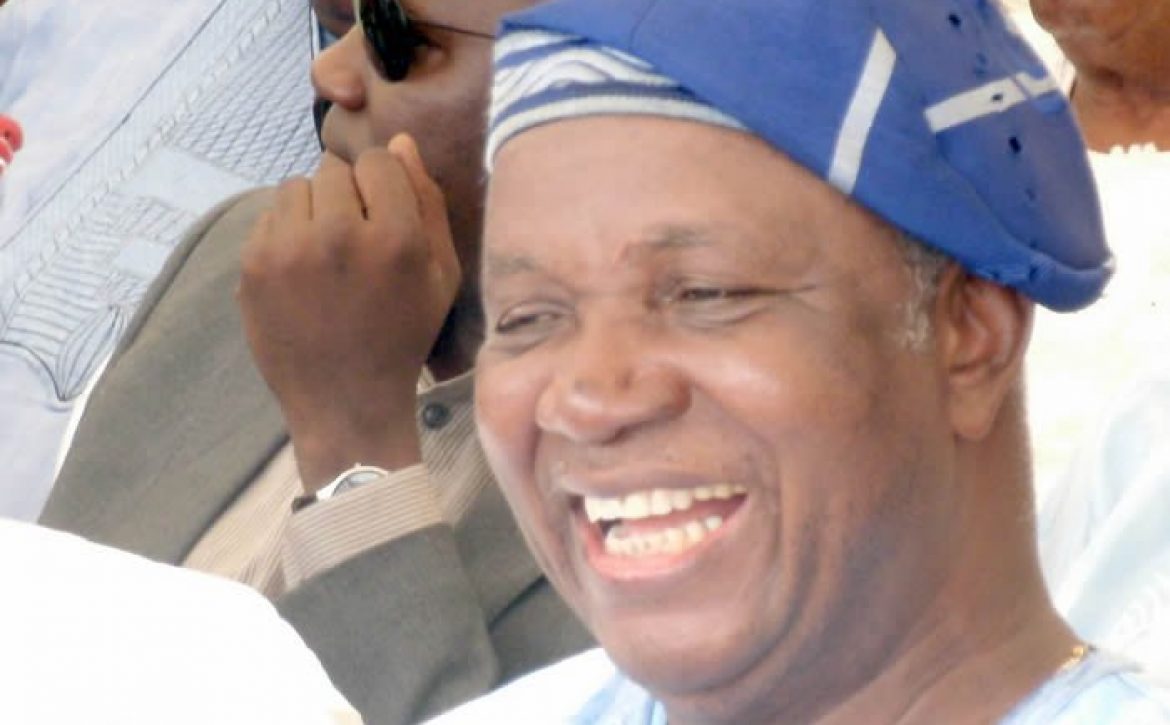
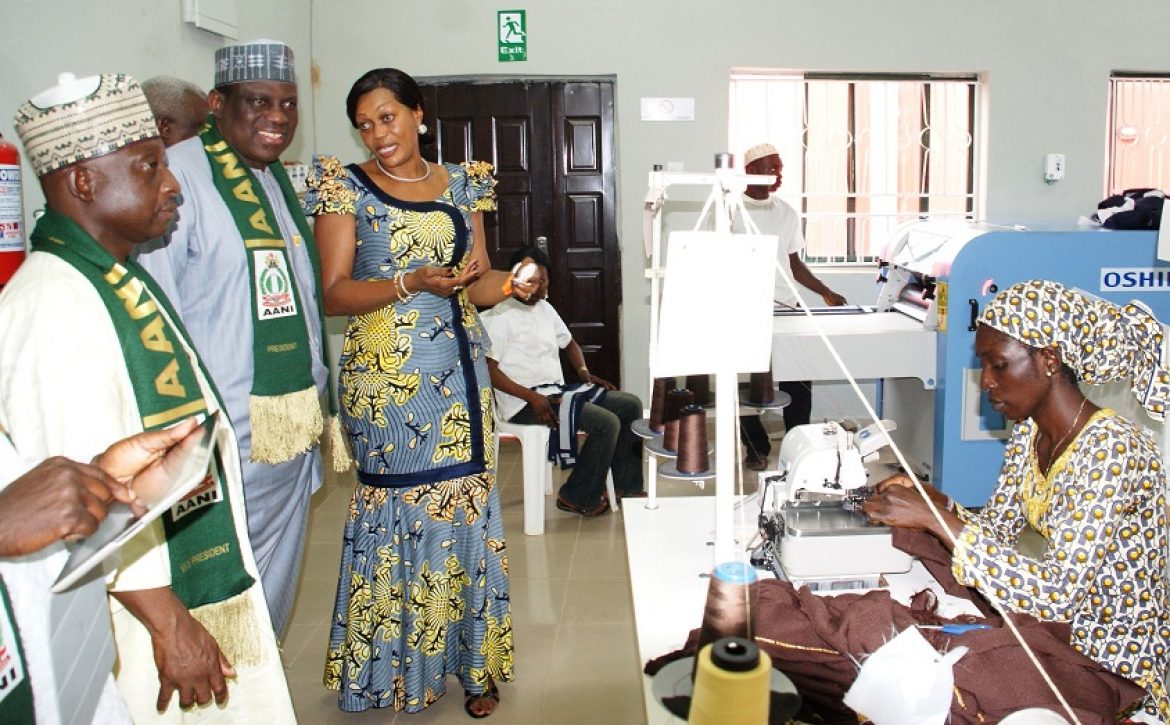
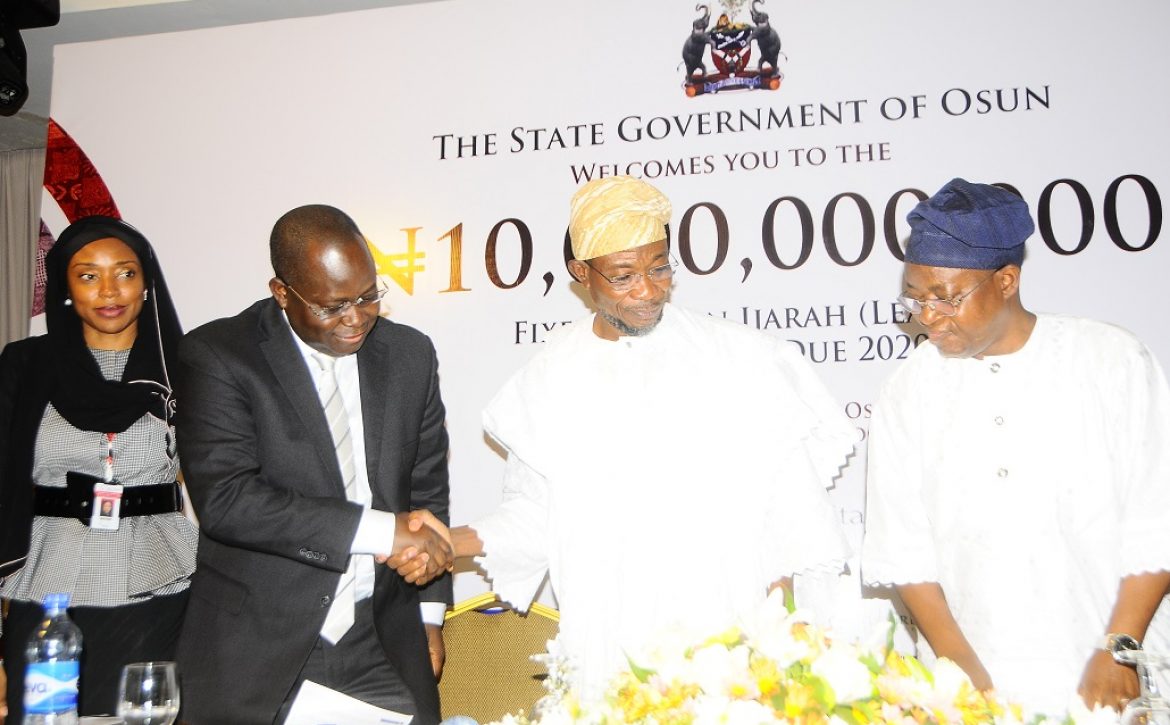

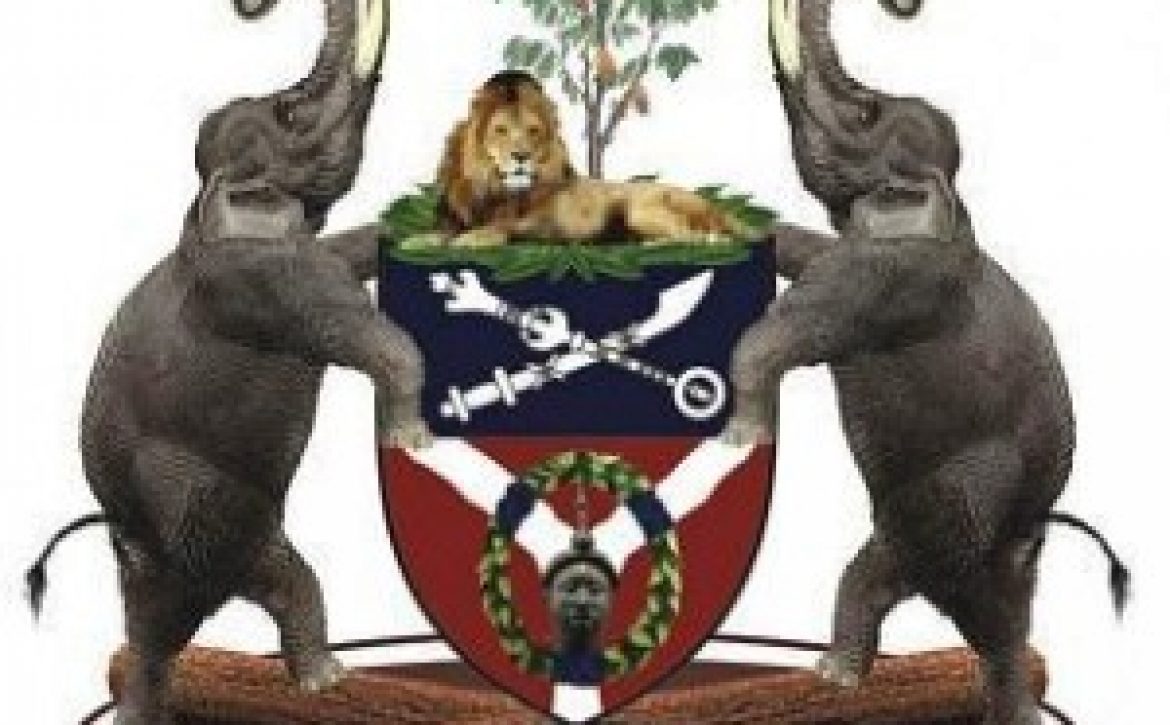
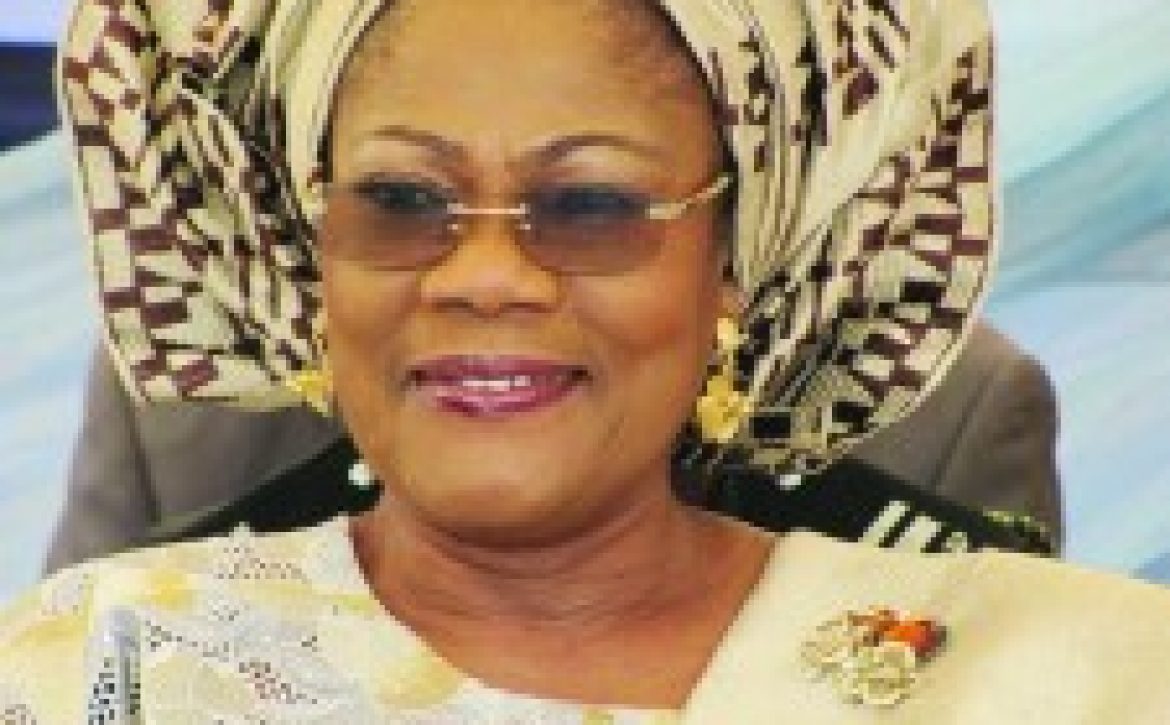
![DSC00257[1]](https://www.osunstate.gov.ng/wp-content/uploads/2013/09/DSC002571-scaled-1170x725.jpg)